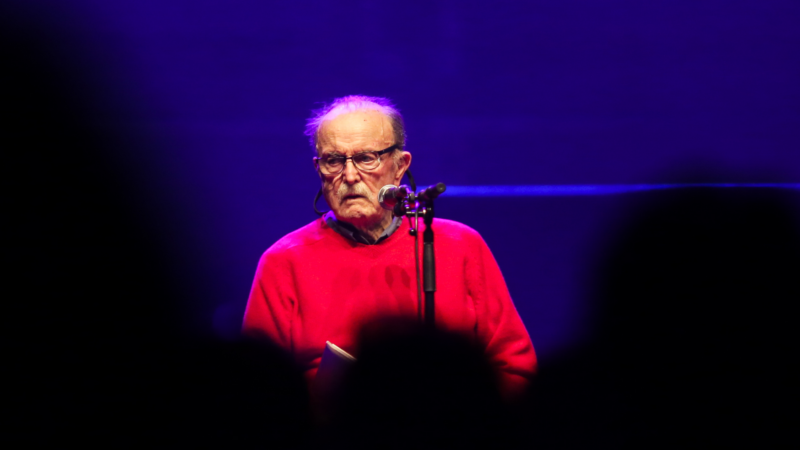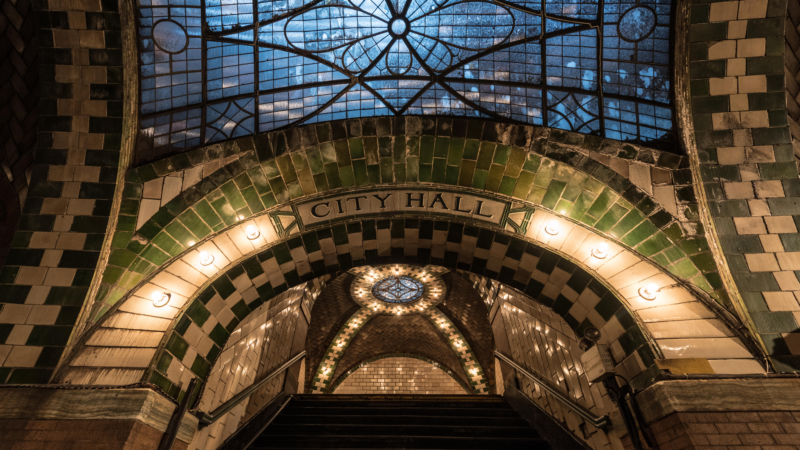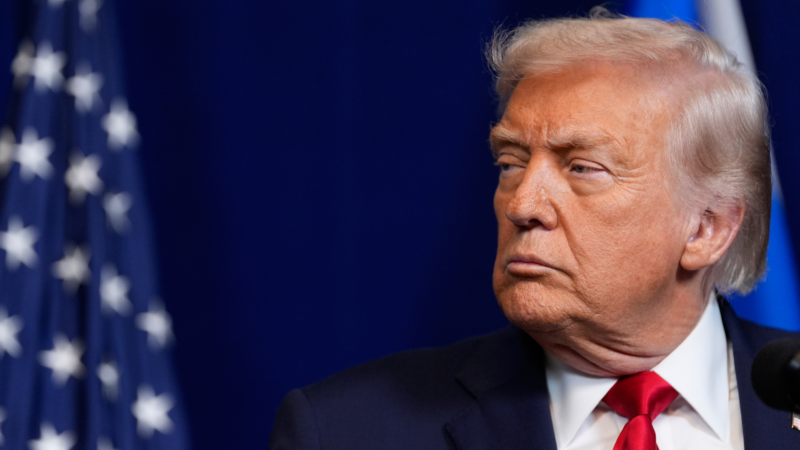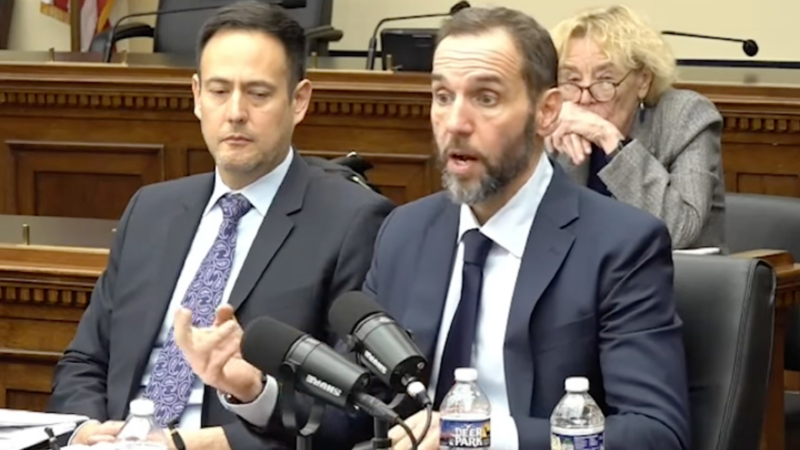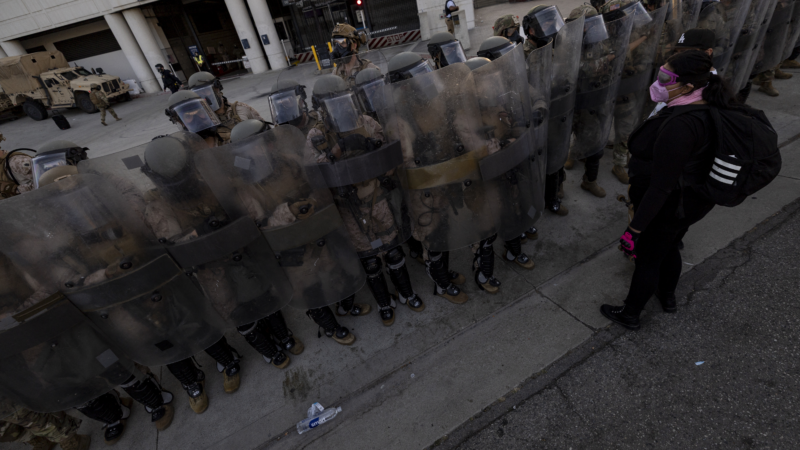An American composer’s biological matter creates new music from beyond the grave
The American composer Alvin Lucier was known for experimental works that explored the physical properties of sound. In Music for Solo Performer from 1965, he strapped sensors to his forehead to transform his own brainwaves into a piece for percussion instruments. His 1997 work Opera with Objects mined the resonance of everyday objects like pencils.
Lucier died in 2021 at the age of 90. But the composer — or rather, a surrogate created out of biological matter taken from his body with his permission before he died — is now putting out new music.
At a time when extending a dead musician’s output — or at least attempting to — can be as easy as typing prompts into an AI system, a group of artists and scientists in Australia are bringing one deceased composer “back to life” in a different way: by rebuilding some of his brain.
Extending Lucier’s posthumous musical output
Lucier’s posthumous composition comes from a new installation at The Art Gallery of Western Australia in Perth called Revivification.
“We have developed a brain on a dish, more or less, that has the ability to take action in the real world,” said artist Nathan Thompson, one of the creators of the installation alongside artists Guy Ben-Ary and Matt Gingold, and Stuart Hodgetts, a neuroscientist.
This “brain on a dish” takes the form of two small, white blobs on a pedestal at the gallery. The blobs are a cluster of neurons that mimic in a very basic way the structure and development of a human brain. Thompson said it was grown out of stem cells created from blood samples the composer agreed to donate to the project the year before he died. “He was aware of possibilities that the work would perform for him even after his death,” Thompson said.
In order to produce new music, the blobs — Alvin Lucier’s surrogate self — are connected to 20 handcrafted brass plates attached to the gallery walls, like paintings. The plates, which contain hidden transducers and mallets, respond to neural signals the biological matter gives out in real time, creating an ethereal soundscape.
The team behind the project sees the musical output as an extension of the composer’s artistic vision from beyond the grave. As a line from a video about the installation puts it, “Revivification proposes a provocative vision of artistic immortality and speculates that Lucier’s creative essence persists beyond death.”
Questioning the nature of human creativity
Some experts are skeptical.
“Creativity has two components,” said Indre Viskontas, a cognitive neuroscientist at the University of San Francisco who studies creativity. “One is the originality or the novelty or the uniqueness of the piece. And here, of course, that’s in spades.”
However, Viskontas said the blobs lack the other component that would make them capable of the creativity needed to truly make new art: intention. “Creativity really has to have a conscious element to it. And I don’t think this particular piece of art is conscious,” she said. “Those cells have no intention.”
Karim Jerbi, a professor at the University of Montreal who researches the intersection of neuroscience and artificial intelligence, agreed with Viskontas. “Conceptually it is alive. But it won’t turn into a full blown brain,” he said.
Jerbi added that the process of producing sound from “organoid” biological matter (like the blobs on view in the gallery) is not new. He pointed to the album Creation Myth by Hot Sugar, which he said features “sounds based on microtonal midi files” that one of his former Ph.D. students “generated from organoid data.”
But Jerbi said Revivification is truly creative and novel in a different way.
“The creativity that I’m seeing in this project largely comes from the way it was put together by the artists and scientists working together to create this installation,” he said. “And probably, given the experimental nature of Lucier’s compositions, he would really appreciate this process,” he said.
Zohran Mamdani sworn in as New York City mayor, capping historic rise
Mayor Zohran Mamdani took the oath of office in New York City after midnight Thursday. The city's first Muslim mayor, a member of the Democratic Socialists of America, has promised to focus on affordability and fairness.
Rising from the ashes, a symbol of hope at the Rose Parade
Survivors of the Eaton and Palisades Fires find healing and community working on a Rose Parade float to honor the lives and communities lost in last year's wildfires.
The history behind the NYC subway station chosen for Mamdani’s swearing-in
The city shut down the station in 1945 on New Year's Eve. Eighty years later, it's a symbolic venue choice for the incoming mayor's private swearing-in ceremony.
U.S. military strikes 5 more alleged drug boats, killing 8
The U.S. military says it struck five alleged drug-smuggling boats over two days. The attacks killed eight people, while others jumped overboard and may have survived. U.S. Southern Command did not reveal where the attacks occurred.
Capitol riot ‘does not happen’ without Trump, Jack Smith told Congress
Former special counsel Jack Smith also described President Trump as the "most culpable and most responsible person" in the criminal conspiracy to overturn the 2020 election results, according to a transcript of Smith's closed-door interview with the House Judiciary Committee.
Trump will drop push for National Guard deployments in Chicago, LA and Portland, Ore.
Courts blocked troops from deploying in Chicago and Portland, Ore., and the Los Angeles deployment effectively ended after a judge blocked it earlier this month.

